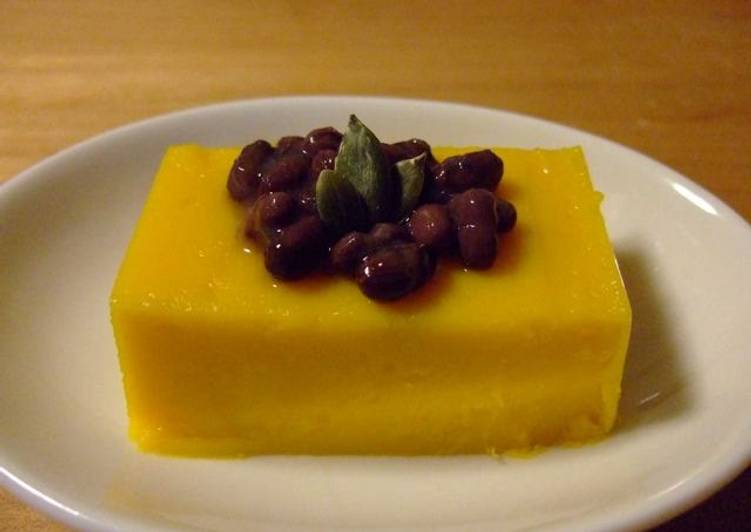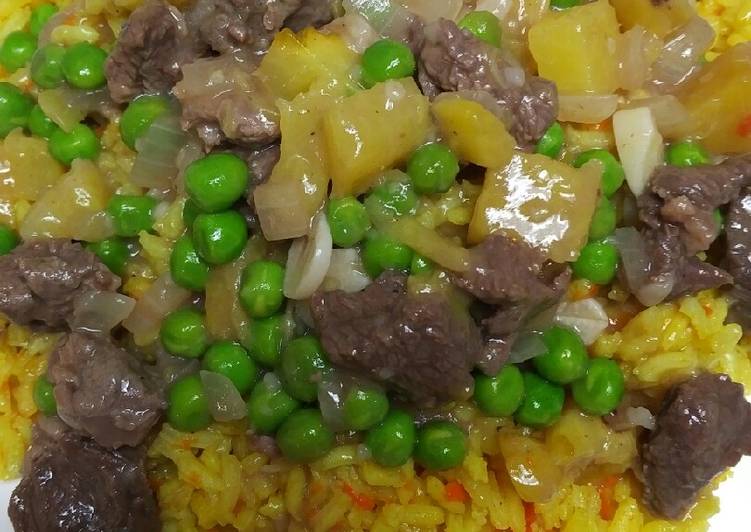
Hello everybody, it is Jim, welcome to my recipe site. Today, we’re going to make a special dish, easy macrobiotic kabocha squash pudding. It is one of my favorites food recipes. This time, I’m gonna make it a bit tasty. This is gonna smell and look delicious.
I had never attempted to cook kabocha squash as I had heard a lot of how inconvenient it was to cut and prepare it at home. But in reality, I realized that it is SO EASY to prepare kabocha squash- prebaking it is the KEY to easing this process. Roasted Butternut Squash Soup - Easy Butternut Squash Soup Recipe.
Easy Macrobiotic Kabocha Squash Pudding is one of the most favored of current trending foods in the world. It’s enjoyed by millions every day. It is simple, it’s fast, it tastes delicious. They’re fine and they look fantastic. Easy Macrobiotic Kabocha Squash Pudding is something which I have loved my whole life.
To begin with this particular recipe, we have to first prepare a few ingredients. You can cook easy macrobiotic kabocha squash pudding using 12 ingredients and 7 steps. Here is how you can achieve it.
The ingredients needed to make Easy Macrobiotic Kabocha Squash Pudding:
- Take 160 grams ○Kabocha squash
- Prepare 100 ml ○Soy milk
- Take 3 tbsp ○Beet sugar, oligosaccharide, or maple syrup
- Make ready 1 tbsp ○Kudzu powder
- Prepare 1 pinch ○Salt
- Take 1 1/2 grams ●Powdered kanten
- Take 3 tbsp ●Water
- Make ready 1/2 stalk or a few drops Vanilla beans or vanilla essence
- Get 1 Steamed azuki beans (optional)
- Prepare 1 Steamed kabocha squash skin
- Prepare 1 Or, kabocha squash seeds
- Make ready 1 Kinako
It needs room for the vine to spread out and space for the squash to bloom and develop. This Oven Roasted Kabocha Squash with Peanut Sauce is an easy, healthy side dish that is Great recipe for Macrobiotic Adzuki Beans & Kabocha Squash. This is a standard macrobiotic recipe. An easy roasted kabocha squash soup that yields a well-balanced, hearty, creamy soup that is garlicky.
Steps to make Easy Macrobiotic Kabocha Squash Pudding:
- Steam the kabocha squash, peel the skin, and put into a food processor. (I peeled it this time 'round for the sake of the photos, but you can also use unpeeled kabocha. It will result in a pudding with a slightly rougher texture, but it's still delicious.)
- Combine all ○ ingredients in a food processor and blend.
- Now put all the ● ingredients into a small pan. Bring to a boil, and simmer for 1 minute (to eliminate the grainy texture of kanten).
- Add the kanten mixture from Step 3 to the Step 2 blended kabocha mixture, and also add the vanilla beans (if using). Bring it to the boil again and let simmer for 2 and a half minutes until thick and smooth. (The mixture will thicken as a result of heating the kudzu flour.)
- Turn the heat off and let it cool down slightly (if you're using vanilla essence instead of vanilla beans, add it at this point). Pour into a mold and chill in the fridge for an hour.
- Remove from the mold and slice. Decorate with toppings of your choice. (Here, I used adzuki beans that I already had steamed. They're unsweetened, but still go great with the pudding).
- Also check out my "Macrobiotic Pumpkin Potage and Curry for Kids" []. I always have this up my sleeve for when I'm stuck for something to make.
It's delicious and nutritious when prepared this simple way! Today I thought I'd chat about how to handle Kabocha squash (a Japanese pumpkin). If you are new to Kabocha it's similar to pumpkin or acorn squash, but even better because it's even. Try one of these amazing kabocha squash recipes and you'll be wondering where this veggie has been all your life. If you're a sucker for squash like we are (hello, butternut, spaghetti, and pumpkin), you may already be well-acquainted with kabocha.
So that is going to wrap it up with this special food easy macrobiotic kabocha squash pudding recipe. Thank you very much for reading. I’m confident you can make this at home. There’s gonna be more interesting food at home recipes coming up. Remember to bookmark this page on your browser, and share it to your family, friends and colleague. Thanks again for reading. Go on get cooking!


